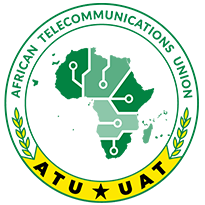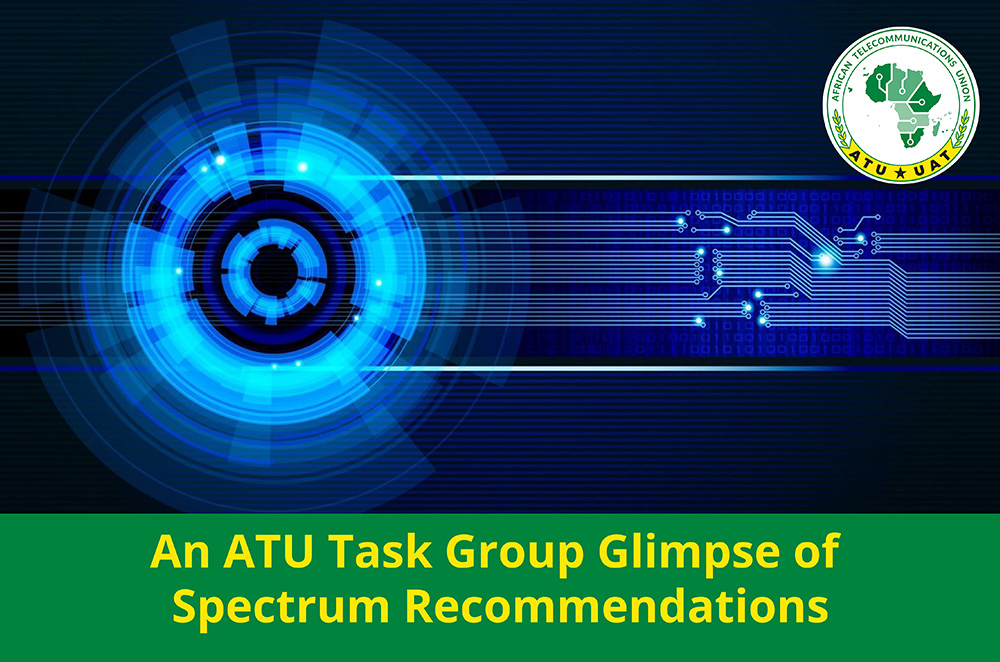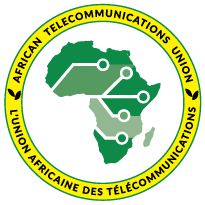ATU recently conducted the first meeting on the call for input contributions on the thematic area of spectrum audit recommendations. The Meeting which took place on 3 and 4th September 2020, brought together representatives from South African Radio Astronomy Observatory (SARAO), ESOA, Policy Impact Partners (PIP),Regulatory Authority for Posts and Telecommunications (ARPT)/Guinea, Egypt, Cote D’Ivoire, Institute of Angolan Communication, Facebook, Inc., Kenya, Nigeria, Uganda Communications Commission and the United Republic of Tanzania.
Part of the discussion was structured to examine how the radio spectrum is used in each Member State through the radio frequency spectrum which determines what companies hold licenses, for what purpose, and for which spectrum.
The results of the spectrum audit also helps to plan efficient use of spectrum and update to the national Table of Frequency Allocations (Band Plan). In addition, spectrum audit is essential in introducing new services in under-utilized spectrum bands. By publishing the results of spectrum audits, including databases of spectrum usage, regulators can help accelerate network deployment and enhance coexistence between incumbent and emerging technologies. Moreover, these databases can facilitate innovation in spectrum management which in turn can promote more efficient spectrum audit in the future.
There is therefore, a need to ensure spectrum audit is carried out periodically in the interest of Regional harmonisation at the least, with National Frequency Allocation table of African countries updated regularly, especially after each World Radiocommunication Conference, and in conformity with the international regulations governing radio spectrum use, and the international/regional agreements acceded to by each country. Essentially, the harmonised spectrum audit recommendation is very important for the Member States particularly on the uniformity of the methodologies where possible in conducting the spectrum audits.
Apart from making key and binding recommendations to Member States, the meeting, which also called on National Regulatory Authorities to publish databases of spectrum licensing, usage, and technical information on a publicly accessible website, concluded with the Chairman, Mr. Mohamed El-Moghanzi tasking ATU to call for a 2 or 3-day forum to discuss spectrum licensing and management.


